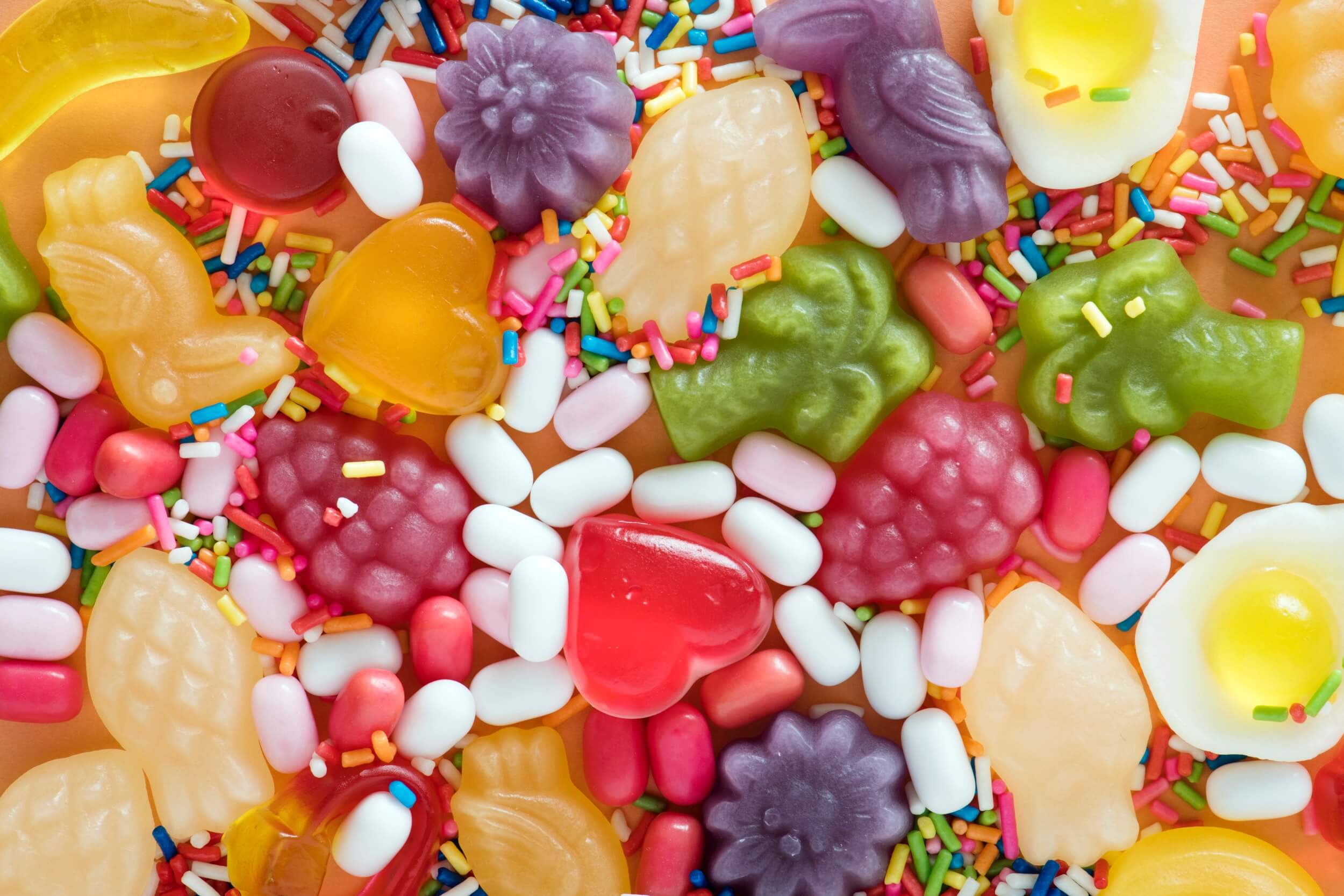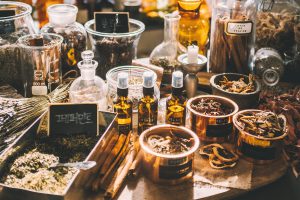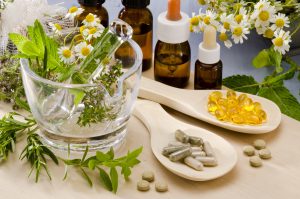
Thanks to research and education, awareness is increasing amongst consumers regarding the hidden dangers in some ordinary household goods ranging from personal care items to food-packaging, plastic containers used for storage, certain items of furniture and even some children’s toys.
Before the results of intensive research pointed to the dangers of these seemingly harmless items in the home, a lack of awareness reigned as you recklessly exposed yourself and your family to the effects of potentially harmful chemicals.
Here is a list of just some of the so-called healthy items it will better not to have in your home:
Washing your hands is your number one protection against the acquisition and spread of infectious disease. But you do not need to use antibacterial soap to get the job done.
Studies have shown that people who use antibacterial soaps and cleansers develop flu symptoms such as a cough, runny nose, sore throat, fever, vomiting, diarrhoea, just as often as people who use regular soaps. [1]
One reason for this is because flu symptoms are actually caused by viruses, which antibacterial soaps can’t kill.
But even for symptoms like vomiting and diarrhoea, which may be caused by bacteria, published studies have conclusively shown using antibacterial soaps offer you no advantage over plain soap and water. [2]
The negative side of antibacterial soap is the fact that it contains an antibacterial chemical known as triclosan. There are concerns that this chemical has been linked to antibiotic resistance.
Everyone wants shiny white teeth, just like the movie stars! However whitening toothpastes may be grittier in order to scrub stains off your teeth, but the grit may actually wear away your enamel or make your teeth and gums more sensitive. Also be aware that some brands of antibacterial toothpaste contain triclosan.
Many commercial brands may be loaded with toxic toothpaste ingredients, like sodium lauryl sulfate (SLS,) fluoride, propylene glycol, and microbeads, which are all potentially harmful. Take care when purchasing commercial toothpaste brands. Always read the label to see what the constituents are.
Cotton swaps are mostly used in an effort to remove wax from your ears. Ears essentially need a healthy amount of wax which should move out of your ear canal automatically. The earwax removal is assisted by the movements of your jaw such as chewing, talking etc. Once the wax reaches your outer ear it will fall out or be removed when your shower or bathe.
According to studies conducted by the US Head and Neck Surgery Foundation, under normal circumstances, the ear canal should never have to be cleaned – and especially not with cotton swabs.
This is the foundation’s noted conclusion: “Unfortunately, many people mistakenly believe that earwax should be routinely removed for personal hygiene. This is not so. In fact, attempting to remove earwax with cotton-tipped swabs, bobby pins, or other probing devices can result in damage to the ear, including trauma, impaction of the earwax, or even temporary deafness. These objects only push the wax in deeper and can completely block the ear canal.”
When earwax is pushed deep into your ear where it doesn’t belong, it can bring fungus, bacteria, and viruses from the outer ear into the inner ear, increasing the risk of infection. It can also block your ear canal, leading to hearing loss, or even cause a ruptured eardrum.
Regular use of cotton swabs puts you at risk of potential loss of hearing.
During the winter months, heaters and cold temperatures may lead to dry air with low humidity. This dry air can result in dry skin, irritated sinuses and throat, and itchy eyes. Over time, exposure to low humidity can even dry out and inflame the mucous membrane lining your respiratory tract. When this natural barrier is no longer working properly, it increases your risk of colds, the flu, and other infections.
If the dry air becomes a major problem in your home, you might consider buying a humidifier to add some humidity to the air. You must be very careful about making sure your humidity levels are not too high, as high humidity will cause mould to grow, which could be very harmful to your health. Also bear in mind that warm, moist air is a breeding ground for bacteria and fungi which will be expelled from the unit as a mist that you could inhale and so further damage your health.
Research has shown that breathing in dirty mist from humidifiers can lead to lung problems and is linked to an increased risk of asthma in children. It is recommended that you clean the humidifier regularly and if possible, purchase a unit with a built-in humidity measurement device. The water in the reservoir should be changed daily, and be sure the area around it (tabletops, windows, carpeting, curtains, etc.) are kept dry.
The loofah, a spongy hand-held scrubber used to scrub dead cells off your body, is actually the perfect home for bacteria, fungi, and mould to grow. If it is not properly washed and dried after each use, the humidity of your bathroom or shower will foster the growth of bacteria. The next time you buy a loofah, consider one made of a natural fibre which will naturally contain enzymes to inhibit microbial growth. Replace it on a regular basis and store in a cool, dry place.
Blenders are handy items to use in the kitchen for all sorts of food preparation, but if you are not washing yours properly, it could be a problem. The blender gasket (the rubber ring that holds the blade portion of the blender in place) has been found to be full of germs, and research showed it often harboured salmonella, E. coli, yeast, and mould. [3] The solution is simple – when you’re done using your blender, be sure to disassemble it completely and wash each part, including the gasket, well.
Pumice stones, cuticle clippers, and other nail tools contain bacteria from your skin. If you neglect to wash them, they could potentially cause skin infections. Nail tools should be washed with soap and water after each use, and pumice stones should be replaced every three to four weeks.
Rubber Spatula
Rubber spatulas, used mainly in the kitchen, contain a very high concentration of bacteria, encouraging the growth of e coli, yeast and mould. The problem arises when the spatula is not properly cleaned. The spatula head needs to be removed from the handle and each piece washed separately.
Stuffed animals are known to collect dust mites, which are a major cause of indoor dust allergies. Children with allergies should not be given stuffed toys to play with as exposure can lead to sneezing, runny nose, itchy eyes, and other symptoms. If your child can’t part with theirs, cut the number down to one or two kept on the bed, with the rest stored on a shelf. You can also put the stuffed animals in a plastic bag and leave it in the freezer overnight, as the cold will kill the dust mites.
These items can bring a pleasant ambience to a home, but they come with some undisclosed health hazards. The products emit some potent chemicals which have been linked to certain hormone disruptions, allergies, asthma and even some cancers. Use with caution, or better still, not at all! Care must also be taken when selecting personal care products. Some of them contain chemicals known as phthalates which are used in the manufacture of plastics. Research has shown that these chemicals are linked to an increased risk of miscarriage in the early stages of pregnancy, and possible infertility in both women and men.

I am a Sydney based Naturopath and I am passionate about Women's Health, Natural Fertility Treatments and Infertility Management. I am also a Neurofeedback Practitioner using NeurOptimal® brain training system. I specialise in optimising Fertility, Women's health, Preconception care, Reproductive Healthcare for men and women, Miscarriage prevention and managing Menopause. I use both conventional and complementary health care methods to diagnose and treat health issues. I provide very effective treatment, using evidence based natural medicine and guide and support my patients to achieve better health. Personally, my own experience using complimentary Medicine has reinforced my belief and passion for helping people to be healthier.





Dorota Wroblewska is an experienced Naturopath and Nutritionist in Sydney. Dorota specialises in women's health, natural fertility, preconception care and reproductive healthcare for men and women. Dorota also offers natural health solutions for all health concerns, including digestive disorders, thyroid problems and adrenal dysfunction. Dorota is also a Neurofeedback trainer, using NeurOptimal® brain training system.